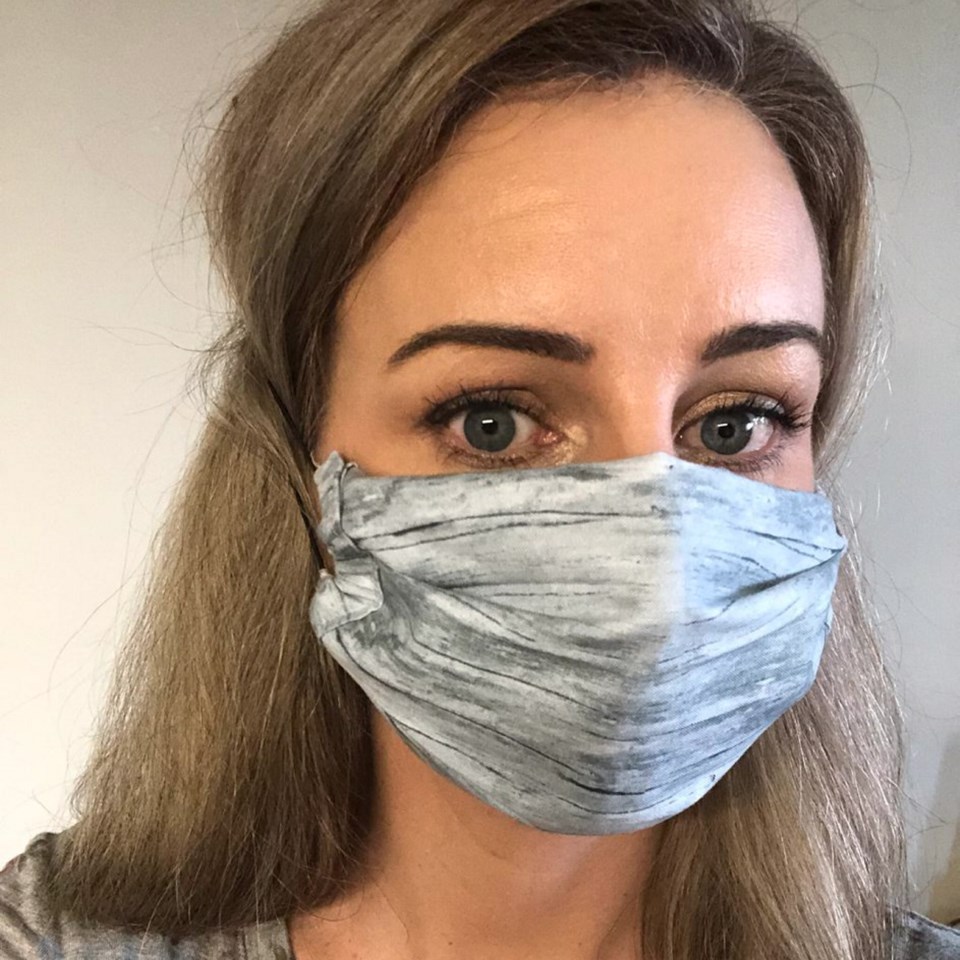A small clothing manufacturer on Vancouver Island has started to produce reusable masks for first responders and doctors as surging demand threatens supplies of disposable masks.
The COVID-19 outbreak has increased the need for disposable N95 face masks, typically health professionals’ first line of defence for filtering out airborne particles such as bacteria and viruses.
The rise in demand from both medical professionals and the public has left health workers worried about whether the supply will be adequate in the weeks and months ahead.
Jennifer Graham, owner of Duncan-based clothing company Salts and West, started making a few reusable masks for clients who are doctors.
Word got out and before long, she started getting requests from clinics in sa���ʴ�ý and recently from New York.
She and her group of 10 seamstresses have been manufacturing the masks at a rate of about 60 per hour. “My seamstresses and I are already in isolation, so we can keep them as clean as possible,” said Graham, who normally creates fashionable clothing for women.
She stresses that her masks are not a certified medical device. They are meant only to help when there are no other options — and can help extend the life of a regular surgical mask.
“Unlike a disposable, our masks can be sanitized and reused,” she said.
“A regular surgical mask will always be superior, but ours are suitable for say, somebody who is swabbing a patient.”
The masks, made of four layers of polyester fabric, have an insert pocket where a filter or a surgical mask can be inserted. The masks are available in three sizes, with the smallest equipped with ear elastics instead of full head elastic.
Reusable face masks were once common in the industry, but fell out of use with the advent of disposable units. Because they are made with much the same material as scrubs, the sanitary clothing worn by medical workers involved in patient care, the masks can be thrown in with regular hospital laundry and sanitized with other medial attire.
If demand is strong, Graham estimates she can produce one to two thousand masks a week.
For more information, go to or



